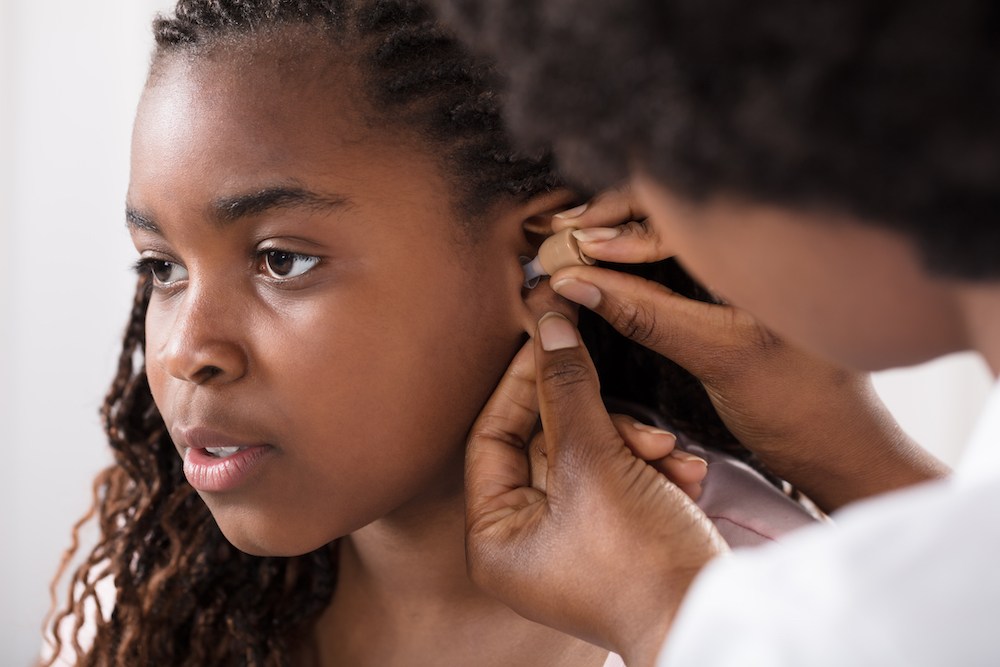What Your Family History Tells You About Future Hearing Loss
When thinking about your family’s health history, conditions like heart


When thinking about your family’s health history, conditions like heart

Advances in hearing test technology are changing the way hearing is

When you learn that hearing aids are recommended, it is natural to have